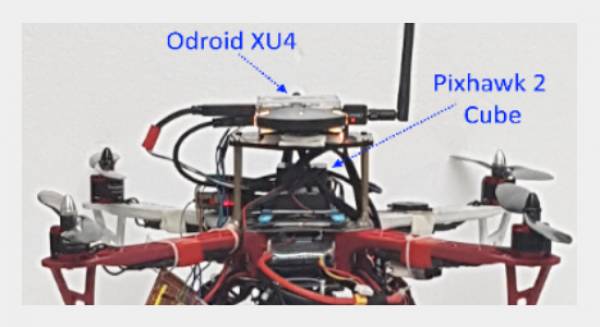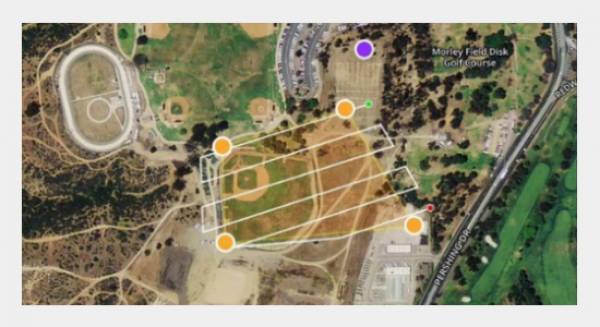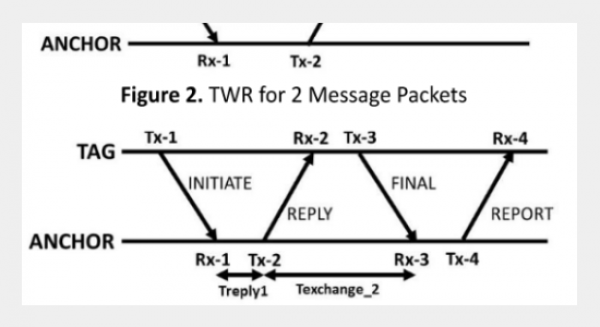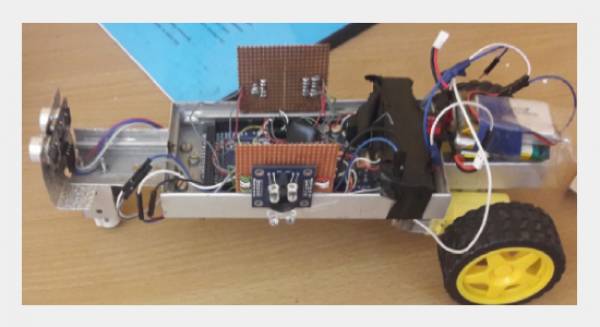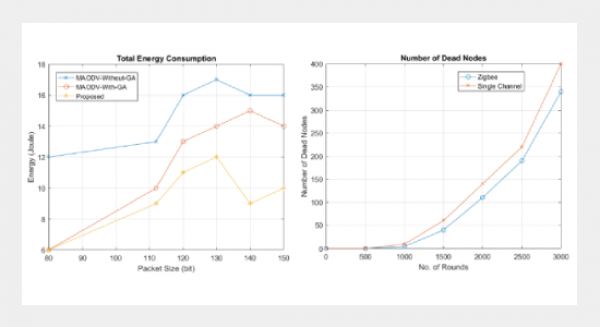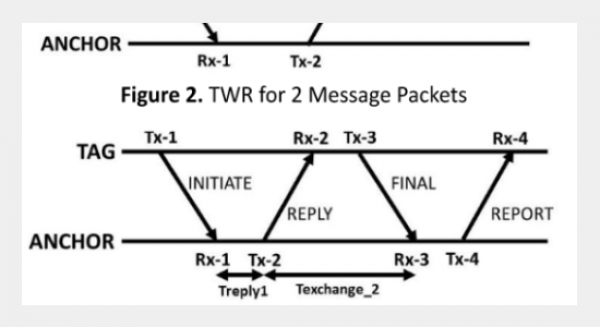The rise of Artificial intelligence is no doubt changing our lives towards a new digital age. Every sector across the globe is gaining more technological innovations and importance with the growth of AI and its applications. While the data we collect keeps increasing, we will need to adapt to new digital age technologies of AI and IoT for optimistic solutions. Today, many value-oriented tasks are successfully improved with the help of AI, minimizing dependency through automated versions of digital systems. AI has an enormous impact on the future of economies, offering massive advantages in competitiveness to all business sectors. The proliferation of data is continuing to skyrocket, increasing the need for better storage options which is why artificial intelligence is one of the transformative technologies of this new digital age. While looking into the business, AI is changing the nature of jobs with rapid advancements in AI Robotics and tools. The research gaps across all global industries are poised to grow along the new digital age arising with artificial intelligence tools for the foreseeable future.
Virtual computing and learning are growing tremendously in this new digital era to harness massive data sets by using learning intelligence with AI. This helps us make optimal decisions to discover more reliable and resilient solutions to global problems. AI is stretching its innovations in medical, manufacturing, business, supply chain, and many specific sectors of the world. The data trained models of AI perform through an objective function with deep learning and machine learning algorithms, which are ramping up with robust IoT connectivity in a few years. The computer processing and proliferation of multi-connected devices are becoming speedier than ever, with intelligence learning reducing human efforts and errors.
On the other hand, AI also greatly impacts education and media, with virtual tutors and facial analysis tailoring the experience of learning. Complex financial data and reports are run quickly, with the natural language abilities of AI in journalism having a positive impact on the economy as well. Customer service will drastically develop with AI integrated tools and software’s changing the future of customer management. In addition to this context, when implemented responsibility AI can benefit society in this growing digital age. However, AI is an emerging technology that consists of real risks for commercial purposes having a detrimental impact on privacy and human rights. The consequences can be profound without proper implementations having unprecedented threats on the society. AI is quite the trend with endless possibilities to have a breakthrough in the new digital age of technology. Moreover, synthesizing machine learning and virtual technologies in a thoughtful approach will significantly address multiple global issues. The future scope of research in AI is vast and needs more robust and supportive technologies to enhance storage, control, and better integration into society. Overall, this special issue fosters the importance of Artificial intelligence and its growth in the new digital age stating the need for growth and development with more insightful decisions. We invite scholars and researchers to submit more innovative discussions that fall within the following scope of interest.
Submit your manuscrip here -> https://www.ausmt.org/index.php/AUSMT/about/submissions#onlineSubmissions
This special issue will be published on the new website -> https://gigvvy.com/journals/ausmt
The topics of interest included, but are not limited to:
- Advances in AI for the future of business sectors
- Emerging technologies of AI for spacecraft’s and satellite systems
- Transformation of supply chain and manufacturing industries with Artificial intelligence
- The new digital age of society and environment with AI innovations
- Digital Frontiers of Artificial intelligence for future workforce development
- Role of virtual learning and intelligence for education
- Trends of AI chips and processors for modern future
- Risks and challenges of Artificial intelligence – Shortcomings of the new digital era
- AI integrated Robotics – Implications and threats involved
- AI for marketing and social media development in the new digital age
Tentative Timeline for the Proposed Special Issue:
Submission Deadline: November 10, 2023
Author notification: February 25, 2024
Revised Papers Due: April 30, 2024
Final Notification: July 05, 2024
The Publication of the special issue will as per the policy of journal
Guest Editorial Team:

Dr. Jungpil Shin [Managing Guest Editor]
Professor,
School of Computer Science and Engineering,
The University of Aizu,
Aizuwakamatsu, Japan
Email: This email address is being protected from spambots. You need JavaScript enabled to view it., This email address is being protected from spambots. You need JavaScript enabled to view it.
Google Scholar: https://scholar.google.com/citations?user=x8__gM4AAAAJ&hl=ja&oi=ao
Dr. Jungpil Shin is a professor of School of Computer Science and Engineering, The University of AIZU and Supervisor of Pattern Processing Lab, The University of AIZU. He is serving to the University of AIZU as an academician since 1999. His current research interests are pattern recognition, HCI (Human Computer Interaction), image processing, computer vision, and medical diagnosis. He is currently doing research on developing algorithms and systems for non-Touch input interfaces to recognize and identify the Human and Gesture, Non-touch character input system based on hand tapping gestures, Gesture based non-touch flick character input system, automatic diagnosis and clinical evaluation of neurological movement disorders disease, lung disease prediction and diagnosis using advanced image processing and machine intelligence techniques.

Dr. Md. Al Mehedi Hasan [Co-Guest Editor]
Professor,
Dept. of Computer Science and Engineering,
Rajshahi University of Engineering and Technology,
Rajshahi, Bangladesh
Email: This email address is being protected from spambots. You need JavaScript enabled to view it.
Google Scholar: https://scholar.google.com/citations?user=kMspjFIAAAAJ&hl=en
Md. Al Mehedi Hasan received the B.Sc.,M.Sc., and Ph.D. degrees in computer science and engineering from the Department of Computer Science and Engineering, University of Rajshahi, Rajshahi-6205, Bangladesh, in 2005, 2007, and 2017, respectively. He became a Lecturer, an Assistant Professor, an Associate Professor, and a Professor at the Department of Computer Science and Engineering, Rajshahi University of Engineering and Technology (RUET), Rajshahi-6204, Bangladesh in 2007, 2010, 2018, and 2019, respectively. His research interests include bioinformatics, artificial intelligence, pattern recognition, medical image signal processing, machine learning, computer vision, data mining, big data analysis, probabilistic and statistical inference, operating systems, computer networks, and security. He has co-authored more than 100 publications published in widely cited journals and conferences

Dr. Yong Seok Hwang [Co-Guest Editor]
Holodigilog Human Media Research Center (HoloDigilog),
Nano Device Application Center (NDAC),
Kwangwoon University, Seoul, Korea
Email: This email address is being protected from spambots. You need JavaScript enabled to view it.
Google Scholar: https://scholar.google.com/citations?user=xem3aGwAAAAJ&hl=en&oi=sra
Dr. Yong Seok Hwang received his Dept. of Electronics Engineering, Pusan National University, Pusan, Korea in 2004. He completed his B.Sc., and M.Sc., from the Dept. of Electronics Engineering Pukyong National University, Pusan, Korea. He is currently working as Professor in Nano Device Application Center (NDAC), Kwangwoon University, Seoul, Korea. His research interest include Hologram image processing, Machine learning, human-computer interaction, non-touch interfaces, human gesture recognition, Digital therapeutics for autism diagnosis.


